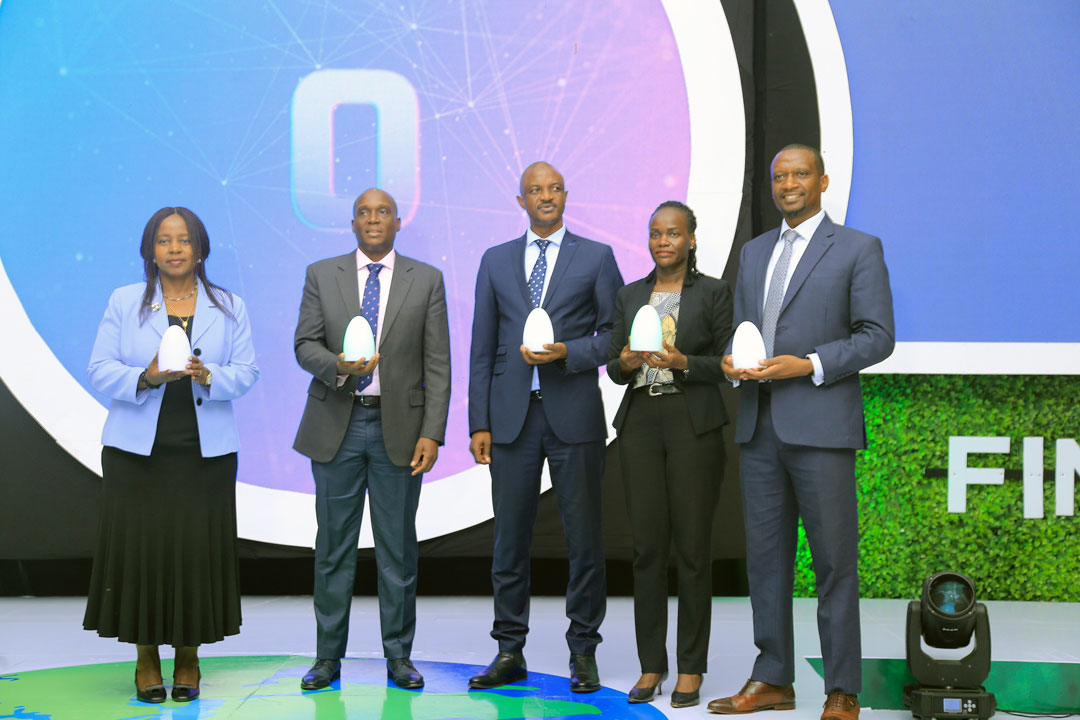The CFF will make affordable finance available to these sectors in a bid to foster green economic growth and mitigate the risks of climate change and environmental degradation.
Patricia Ojangole, Managing Director UDB, stressed the importance of transitioning to a low-carbon economy to maintain economic growth opportunities and build resilience against climate impacts.
The facility will target Climate Smart Agriculture, Low Carbon Industries, Climate Resilient Infrastructure, and related investments. UDB has committed UGX 50 billion to the capitalization of the facility, which is expected to grow with support from various partners over time.
{source}<blockquote class="twitter-tweet"><p lang="en" dir="ltr">Our ambition is to become more deliberate and intentional towards the commitment of contributing to lowering the carbon footprint. UDB has therefore established a Green Finance Unit, developed a Green Finance Policy, Green Finance & Investment Strategy, & Monitoring Indicators. <a href="https://t.co/lAJ2w4IkqV">pic.twitter.com/lAJ2w4IkqV</a></p>— Uganda Development Bank Ltd (@UDB_Official) <a href="https://twitter.com/UDB_Official/status/1643555384093818880?ref_src=twsrc%5Etfw">April 5, 2023</a></blockquote> <script async src="https://platform.twitter.com/widgets.js" charset="utf-8"></script>{/source}
Over 70% of Ugandans depend heavily on micro, small, and medium enterprises (MSMEs) for employment, and these generally have less capacity to withstand financial shocks.
“The vulnerability of Uganda’s population requires the urgent need to adapt and maintain future economic growth opportunities by transitioning to a low carbon (green) economy. This will require massive investment in green technologies.
“Green finance will be central to providing the flows of capital required. This is primarily driven by the fact that most green technologies are characterized by high capital intensity and consequently high upfront financing requirements,” Ms. Ojangole said at the launch in Kampala.
As a financial intermediary, the Bank will stimulate green economic growth by coordinating green financing options, mobilizing and increasing access to green finance by structuring and providing tailored products to address market gaps including risk mitigation products, and providing the right products to address investment demand in the green sector.
“Without appropriate funding, we cannot build the capacity to adapt to these impacts of climate change, to mitigate its impacts, or even build resilience. I am delighted that financial institutions are starting to realize their role in the climate change agenda and strategically getting involved,” said Mr. Ramadhan Ggoobi, Permanent Secretary in the Ministry of Finance, Planning and Economic Development.
The initiative will foster climate-conscious change in investments with a clear objective of building climate resilience among the businesses supported. The intention is to build climate-proof businesses as this is a better strategy for building long-term viable enterprises that are adaptive to climate impacts and seek a low-carbon development pathway.
CFF is one of the initiatives designed to foster innovation, engender holistic sustainability, and increase interest in green technologies.
{source}<blockquote class="twitter-tweet"><p lang="en" dir="ltr">The increasing threat of climate change and environmental degradation has the potential to present high socio-economic risks to the economy. <br>Patricia Ojangole, UDB Managing Director</p>— Uganda Development Bank Ltd (@UDB_Official) <a href="https://twitter.com/UDB_Official/status/1643507778147721216?ref_src=twsrc%5Etfw">April 5, 2023</a></blockquote> <script async src="https://platform.twitter.com/widgets.js" charset="utf-8"></script>{/source}
UDB’s priority areas are for the Fund include climate smart agriculture, low-carbon industries, climate resilient infrastructure, and cross-cutting projects like sustainable waste management, clean energy – renewable energy and energy efficient projects, sustainable water resources management, eco-tourism, among others.

